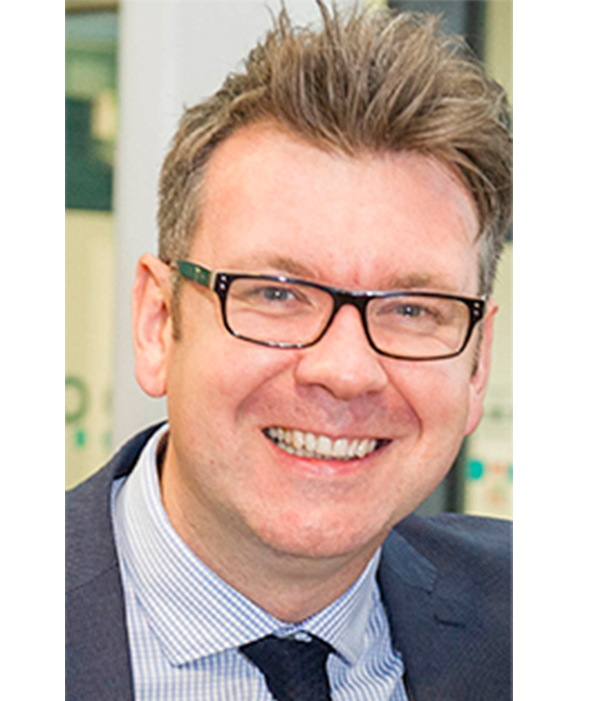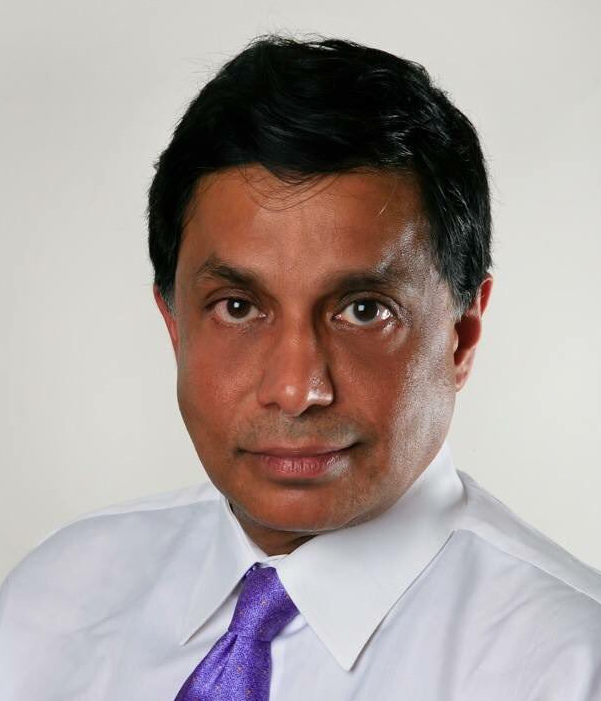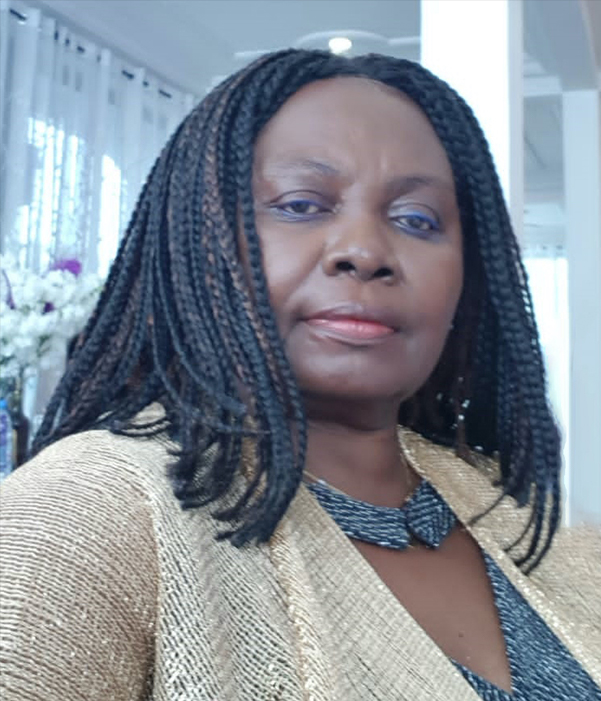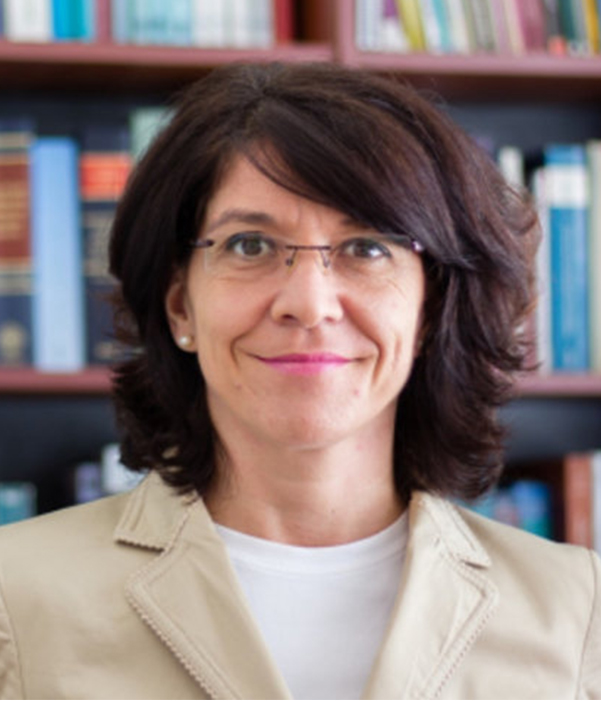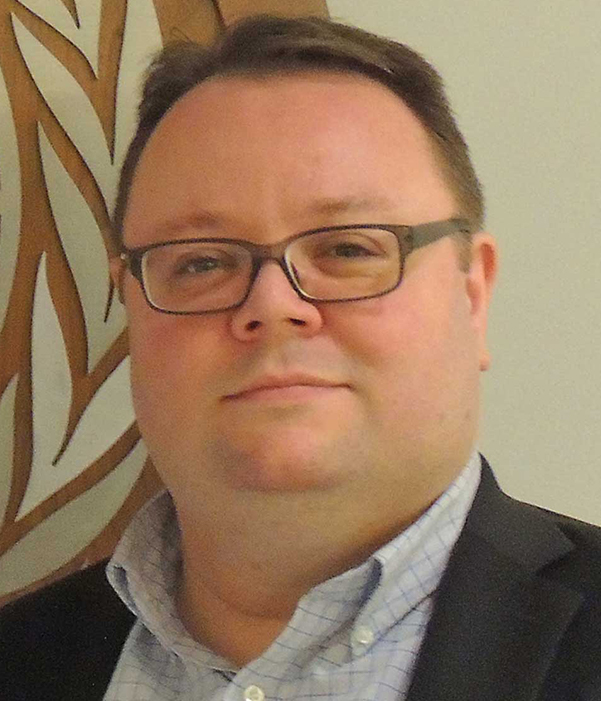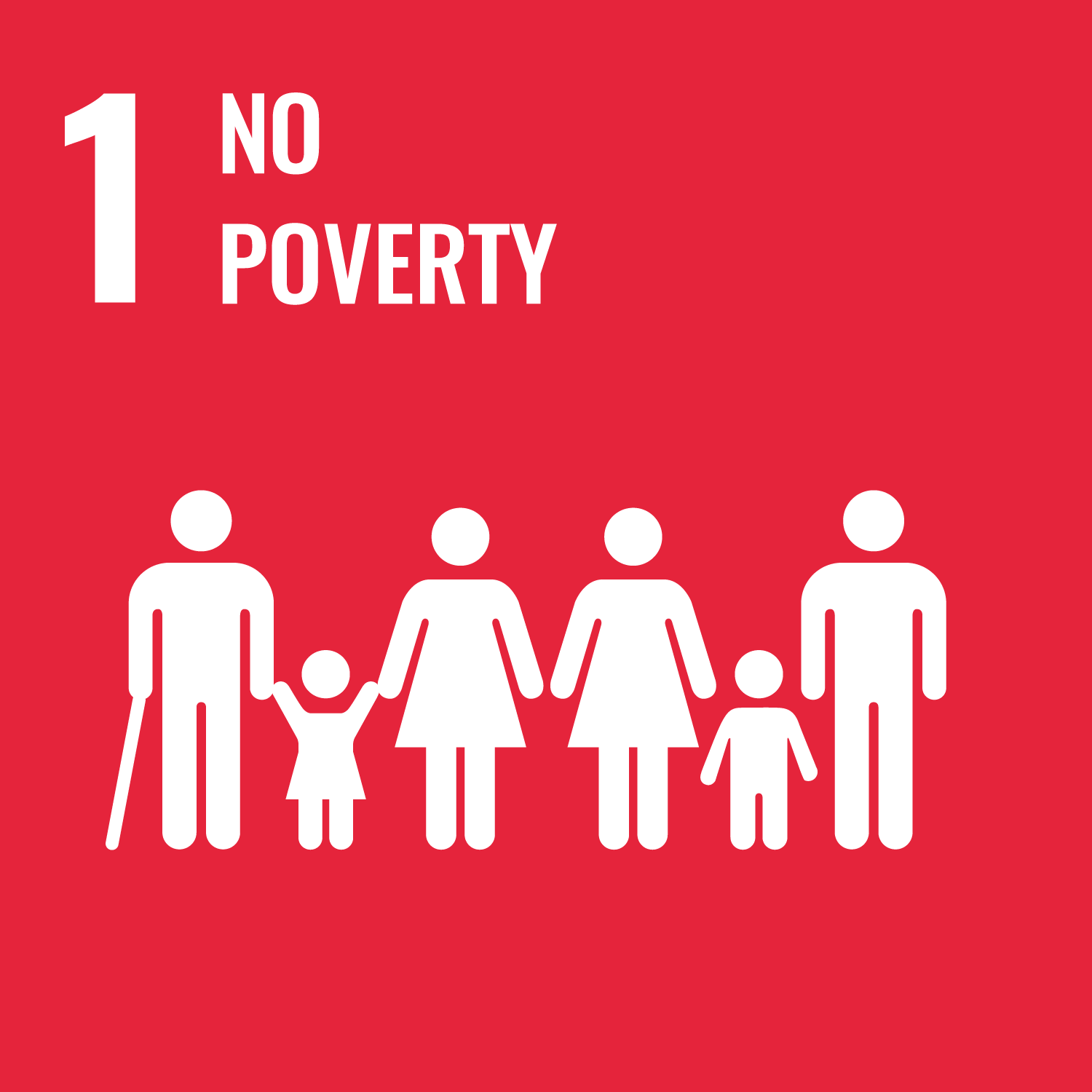
Kristu Jayanti College believes that quality education is a powerful weapon to ensure a zero-poverty world.
The college offers more than 40 undergraduate and graduate programs to 6,500 students
in Bangaluru, India. |
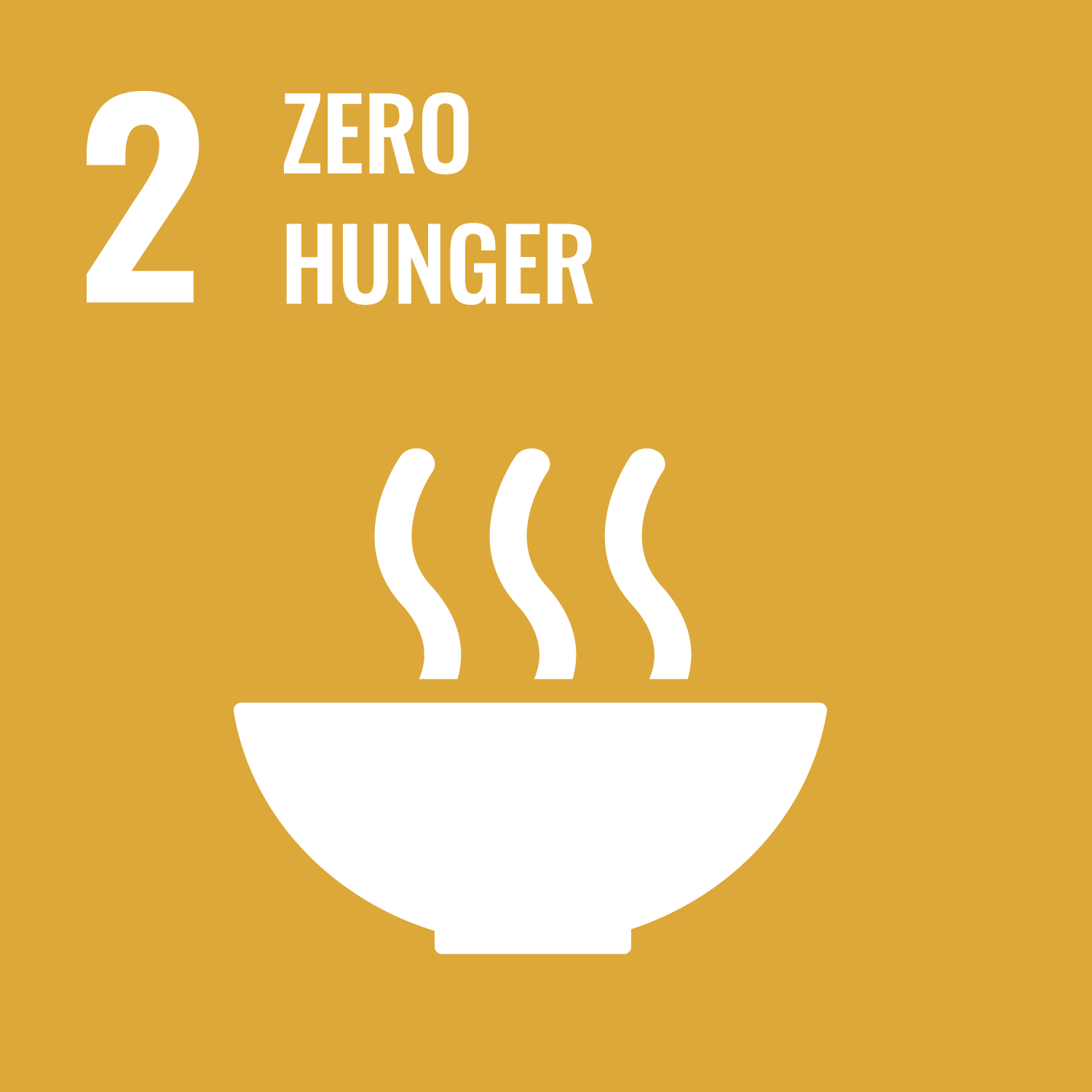
The University of Pretoria is one of five research-intensive universities in South Africa. The university’s
long-term strategy, entitled UP 2025, is centered on research that addresses societal
problems, in particular problems faced by Africa as a developing continent and region.
It hosts a number of institutes and centers related to SDG 2 and collaborates widely
with South African, African and international institutions.
|

New York Medical College (NYMC), founded in 1860, is one of the largest private health sciences universities in the
United States and it has a strong history of involvement in the social and environmental
determinants of health and disease, and a special concern for the poor, the powerless,
and the helpless.
|
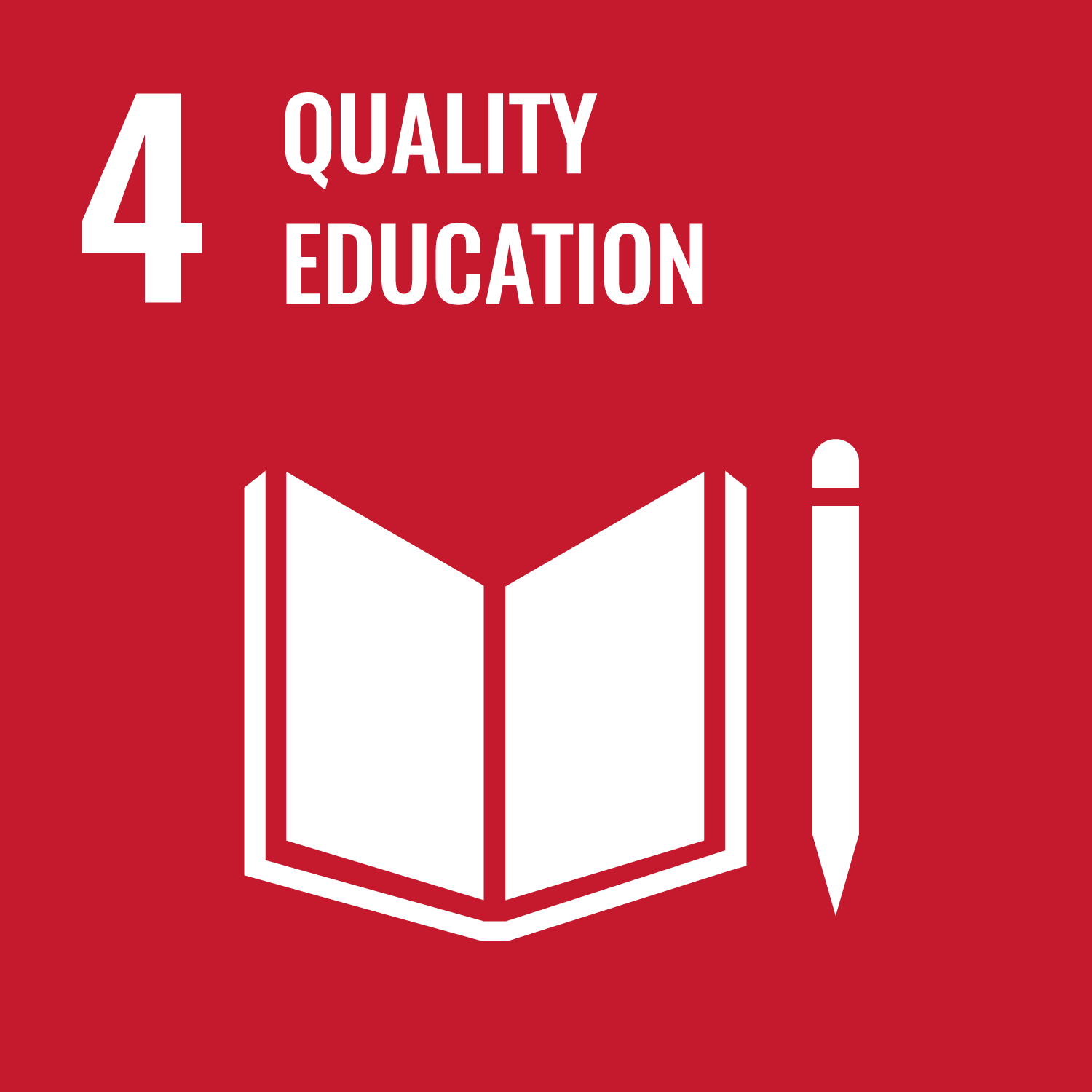
The University of Auckland, New Zealand’s largest university, has a strong commitment to sustainability and
making a positive social impact through its partnerships, research, teaching, community
engagement and knowledge transfer. This institution has a long-standing commitment
to providing inclusive and equitable quality education, as well as lifelong learning
opportunities for all.
|
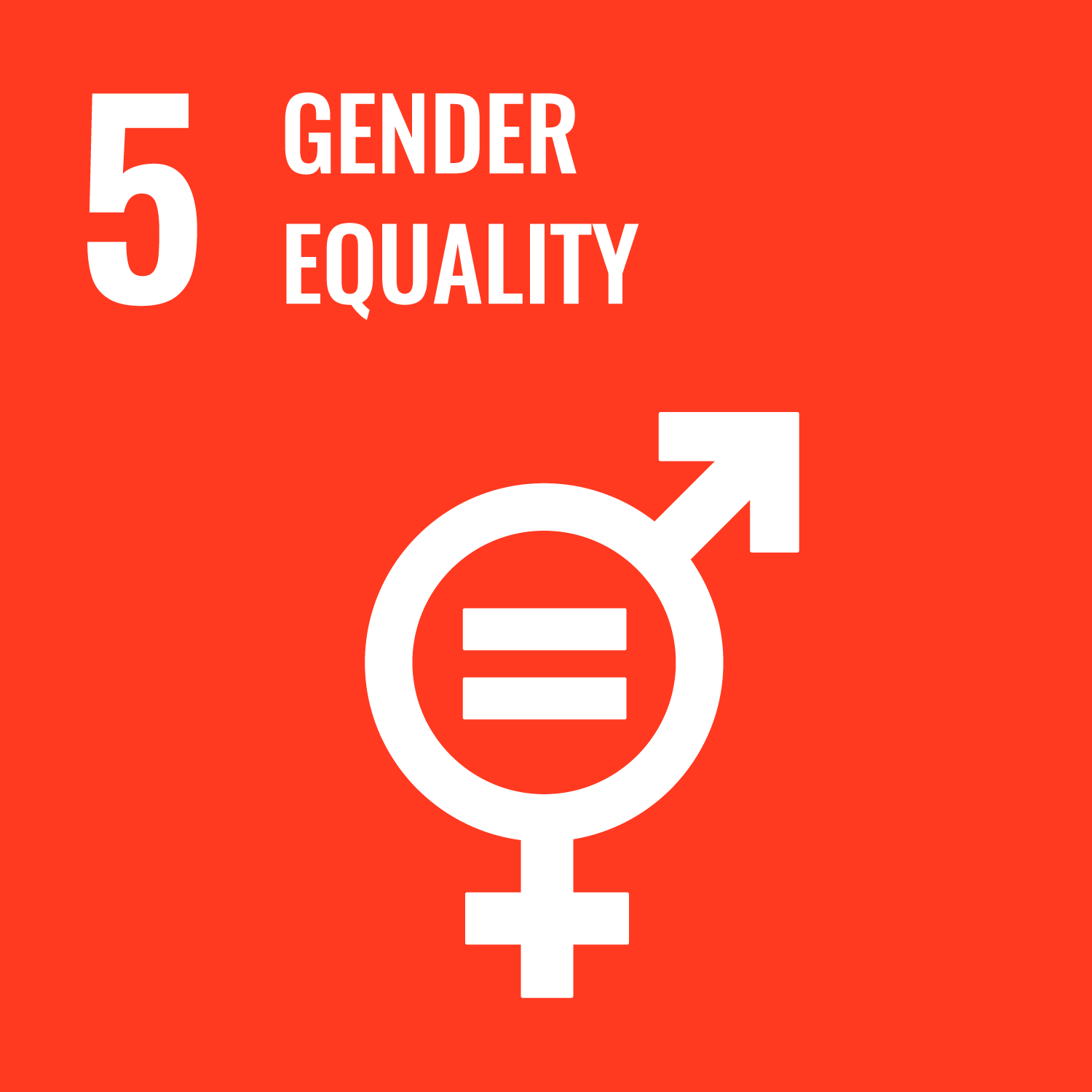 The Ahfad University for Women, an institution of higher education in Sudan, has prepared women to assume leadership
roles in their communities and in the nation since its founding in 1966. In keeping
with this objective, the ‘Ahfad experience’ embraces a combination of academic courses,
on-the-job training, individual research, and community extension activities. The Ahfad University for Women, an institution of higher education in Sudan, has prepared women to assume leadership
roles in their communities and in the nation since its founding in 1966. In keeping
with this objective, the ‘Ahfad experience’ embraces a combination of academic courses,
on-the-job training, individual research, and community extension activities.
|
|
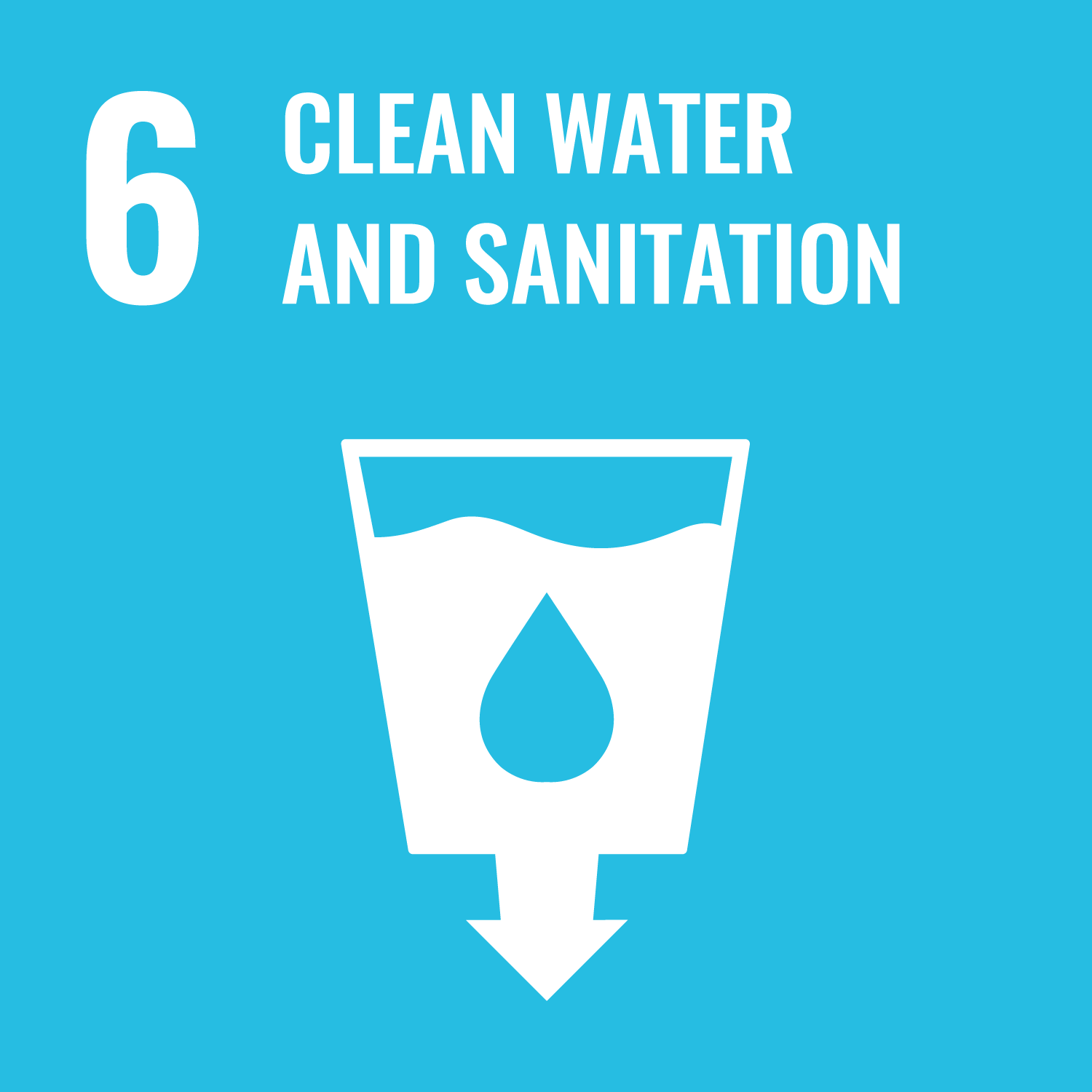
The University of Manitoba is a top research-intensive institution and the largest university, both by total
student enrolment and campus area, in the province of Manitoba, Canada. Its mission
is to create, preserve, communicate and apply knowledge, contributing to the cultural,
social and economic well-being of the people of Manitoba and the world, with sustainability
being one of its key values.
|
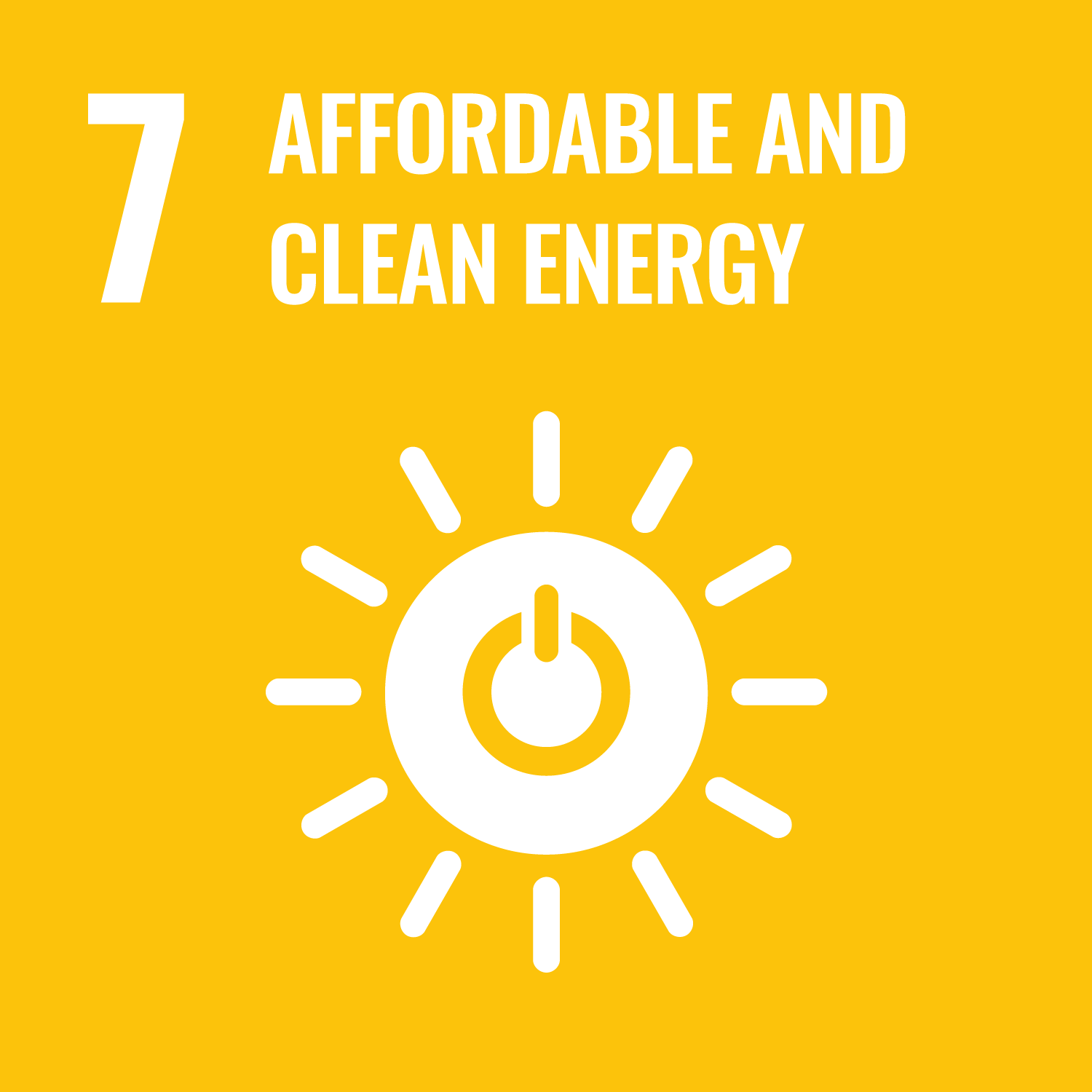
The National and Kapodistrian University of Athens, Energy Policy and Development Centre
(KEPA) in Greece is devoted to the study of issues related to the geopolitics of energy
in Southeast Europe, the Black Sea and Central Asia regions. For more than a decade,
the university has promoted regional cooperation among scientific institutions, policymakers
and market stakeholders on issues related to SDG 7 by transferring knowledge, training
and developing energy efficiency policies.
|

The Balochistan University of Information Technology, Engineering, and Management Sciences
(BUITEMS)located in Pakistan is dedicated to providing quality education with a focus on research
and equipping students to be productive members of society while contributing to the
socio-economic uplift of Pakistan in general, and the region of Balochistan in particular.
|

Nagaoka University of Technology (NUT) of Japan aims to produce creative abilities based on the educational philosophy of
the “Science of Technology (GIGAKU)”. Nagaoka University of Technology has sent over
10,000 engineers out into the world to contribute to the development of industry and
infrastructure. The institution believes that the SDGs should be the basic principle
of engineering education and recognizes the role that engineering, science, technology
and innovation can play in building resilient infrastructure and promoting international
scientific collaboration for sustainable development.
|
 Mount Kenya University (MKU) is an institution of higher education committed to a broad-based, holistic and inclusive
system of education, with the vision of being a global hub of excellence in education,
research and innovation, and with the mission of providing them for a global transformation
and to advance sustainable development. Mount Kenya University (MKU) is an institution of higher education committed to a broad-based, holistic and inclusive
system of education, with the vision of being a global hub of excellence in education,
research and innovation, and with the mission of providing them for a global transformation
and to advance sustainable development.
|
|
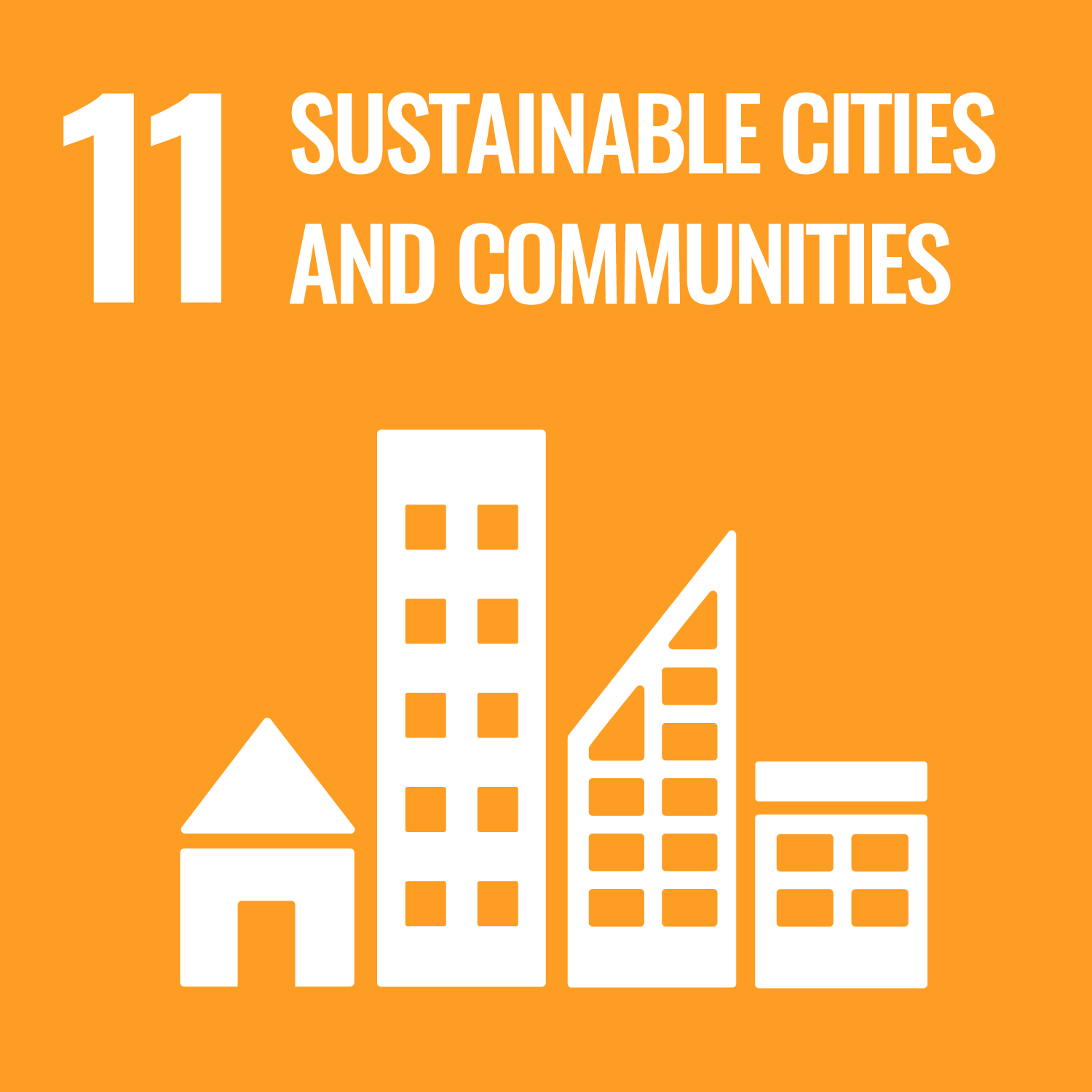
UNISINOS, is a Jesuit university in Brazil and is among the top three private universities
in the country. At UNISINOS, social and environmental responsibility is an institutional
guideline for the design and implementation of plans and policies, at the level of
education, research, and extension, and also at the managerial level.
|
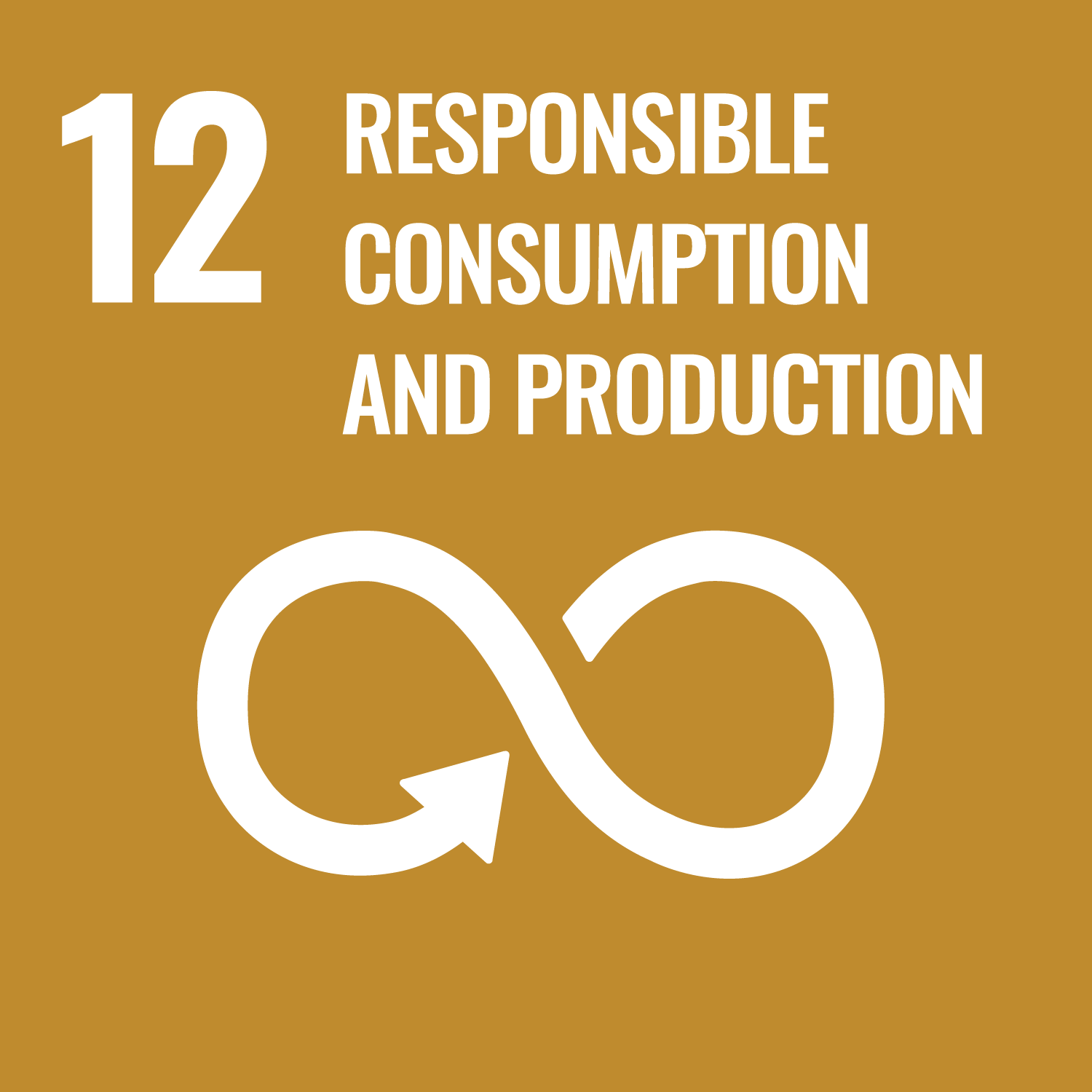
The University for Peace (UPEACE), located in Costa Rica, was established as a treaty organization with its own Charter
in an international agreement adopted by the United Nations General Assembly in its
Resolution 35/55 of 5 December 1980. The vision of UPEACE is to be a forward-thinking,
transformational and inspirational educational institution dedicated to the goals
of quality teaching, research and service for serving humanity in building a peaceful
world.
|
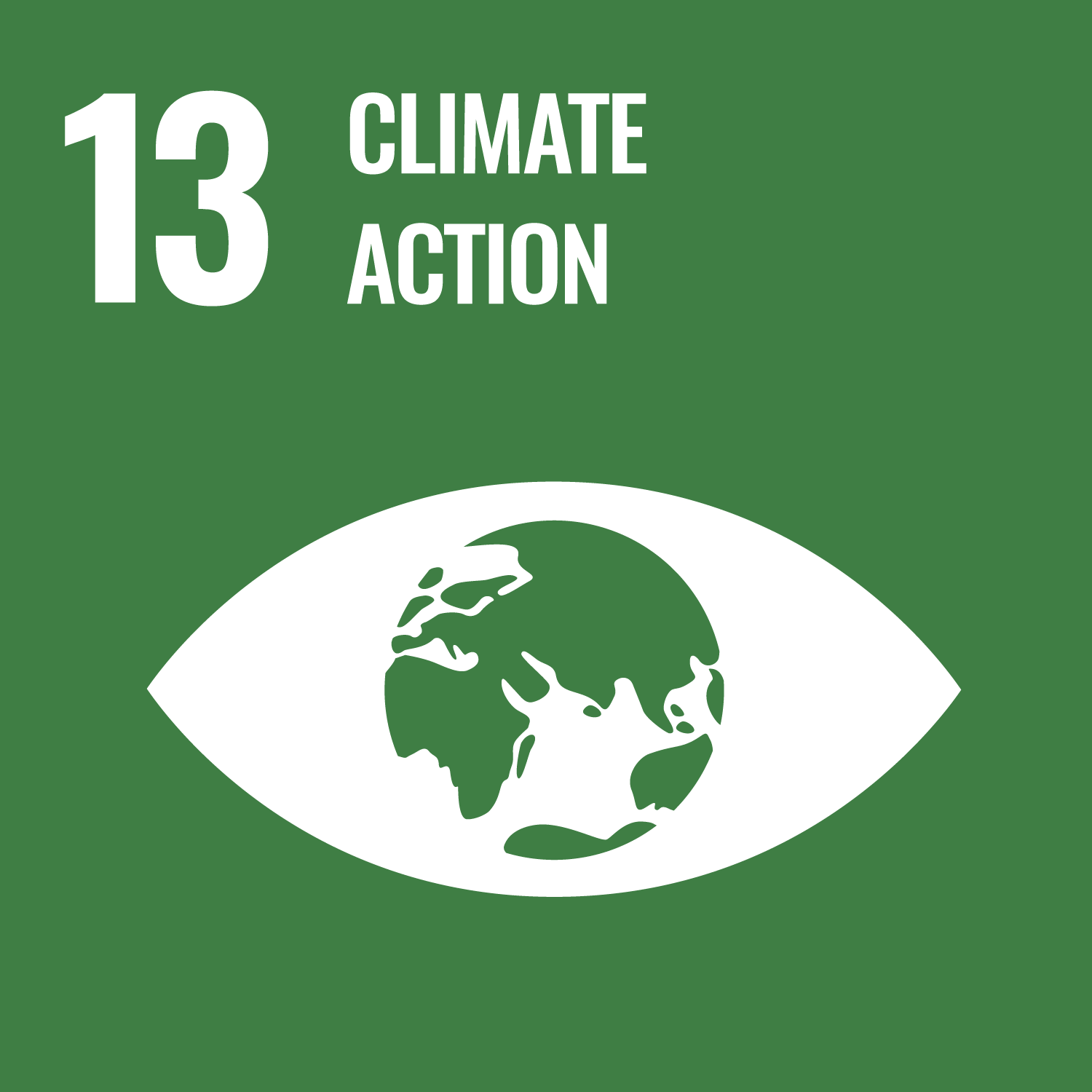
The National University of Rosario, an institution of higher education in Argentina, was created in 1968. Since its
inception, the university began an active relationship with the society from which
it was generating each one of the projects that it launched and that was expressed
in a sustained growth according to the demands of the region.
|
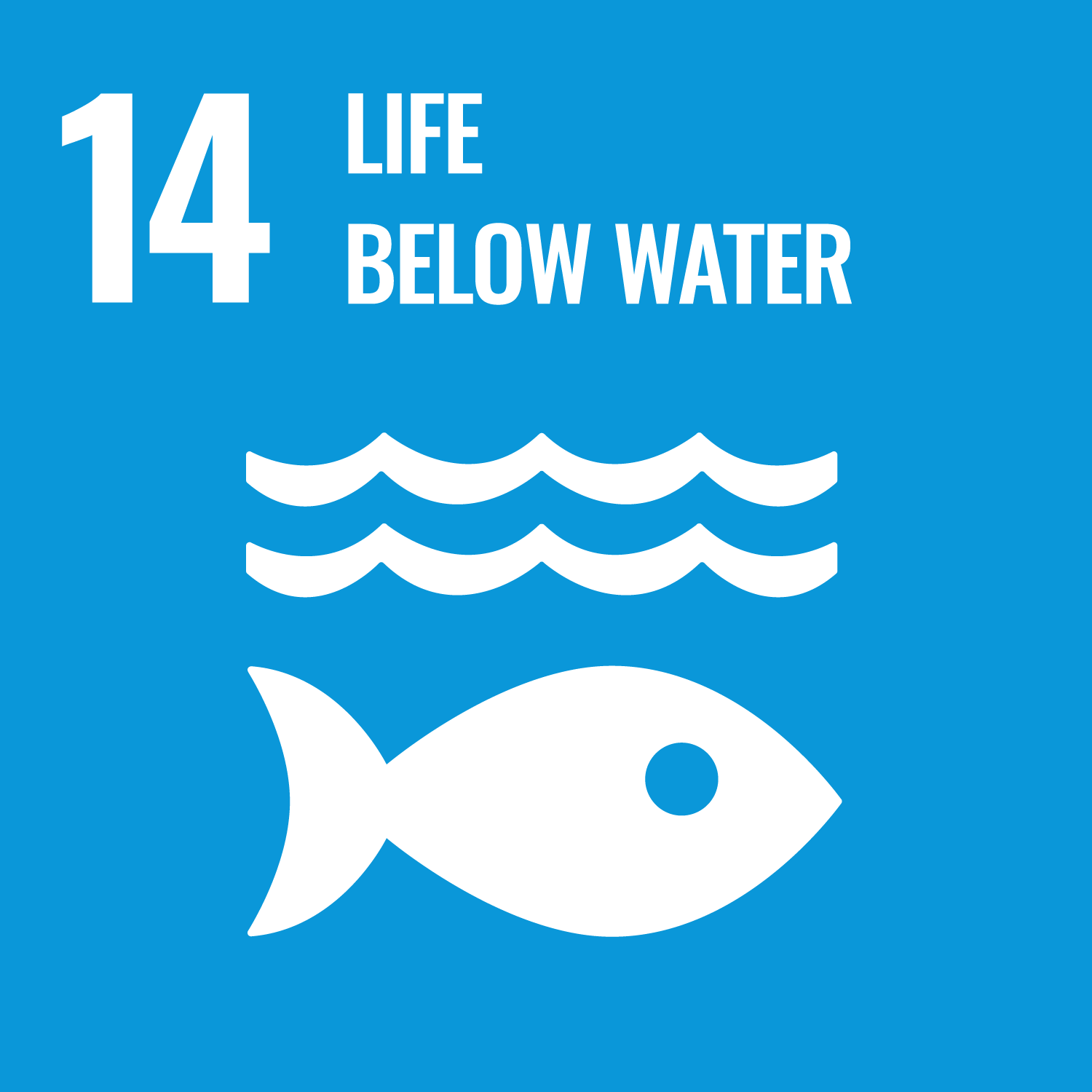
The University of Bergen (UiB) is one of Norway's leading comprehensive research universities. UiB has developed
SDG Bergen, which is a strategic initiative to engage with the Sustainable Development Goals
and includes science diplomacy and scientific advice.
|
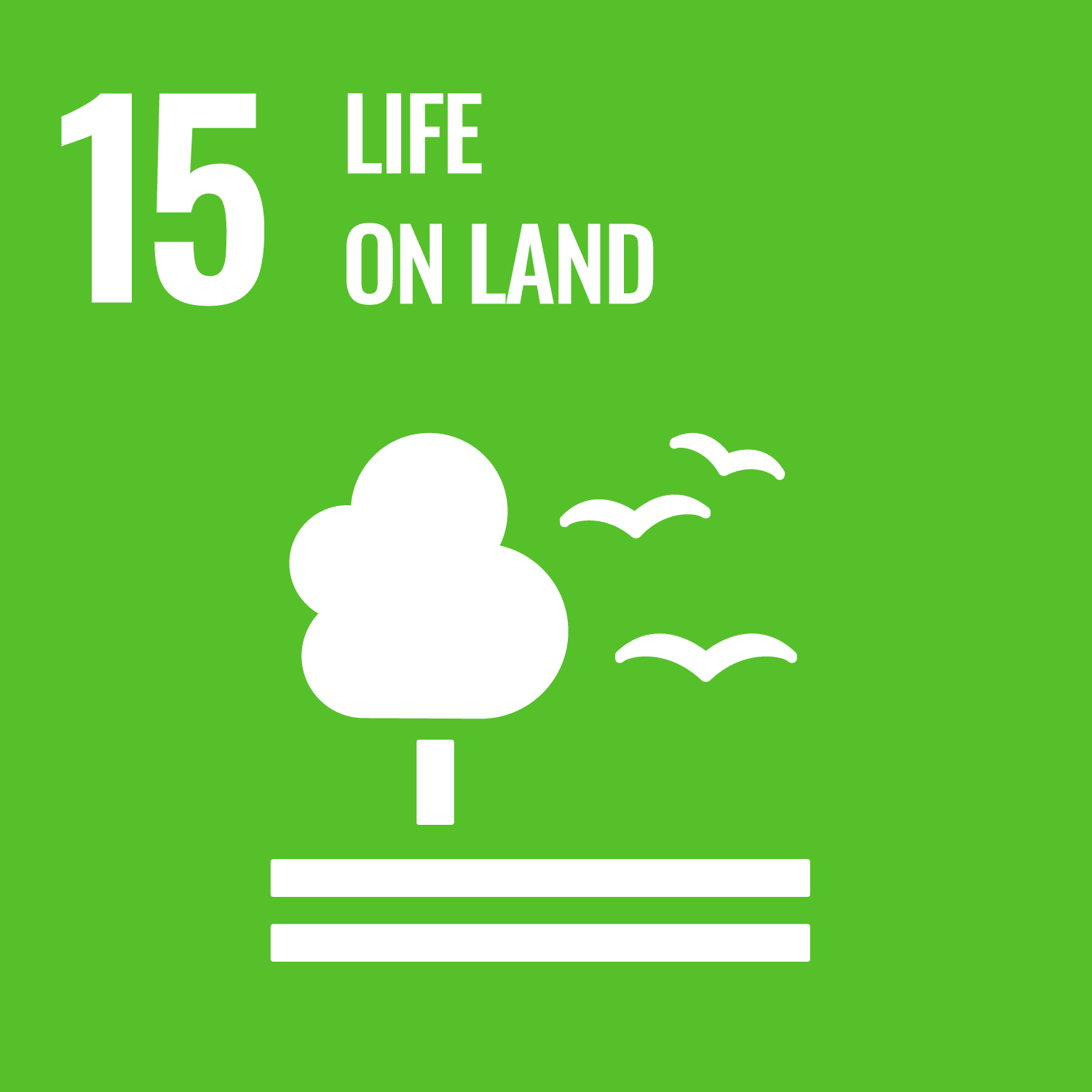 The University of Zanjan, founded in 1975, is one the largest universities of Iran, with over 10,000 students.
It is one of the top comprehensive public universities in the country and is committed
to contributing to both scientific knowledge and the development of society. The university
has five main faculties, including Agriculture, Engineering, Humanities, Arts and
Architecture and Science, with 400 permanent and full-time academic members. The University of Zanjan, founded in 1975, is one the largest universities of Iran, with over 10,000 students.
It is one of the top comprehensive public universities in the country and is committed
to contributing to both scientific knowledge and the development of society. The university
has five main faculties, including Agriculture, Engineering, Humanities, Arts and
Architecture and Science, with 400 permanent and full-time academic members.
|
|

De Montfort University in the United Kingdom, aims to build a scholarly community committed to the public
good and underpinned by an ability to challenge convention and create impact. The
university has created a network of 100 like-minded universities across the globe
to share research, information and good practice with the aim of promoting peace,
justice and strong institutions in line with Sustainable Development Goal 16.
|

The University of Buea is one of eight State Universities in Cameroon and one of two State Universities
where instruction is in English. It hosts eleven Faculties and Schools which are devoted
to providing quality education through the teaching of classical and professional
programs, and a strong component of research centered on some of the SDGs such as
health, water resources, clean energy, technology, climate change, law, and gender
issues. It has established sound partnership links with universities, institutions,
and private sectors at the national and global levels.
|
|
|
|


